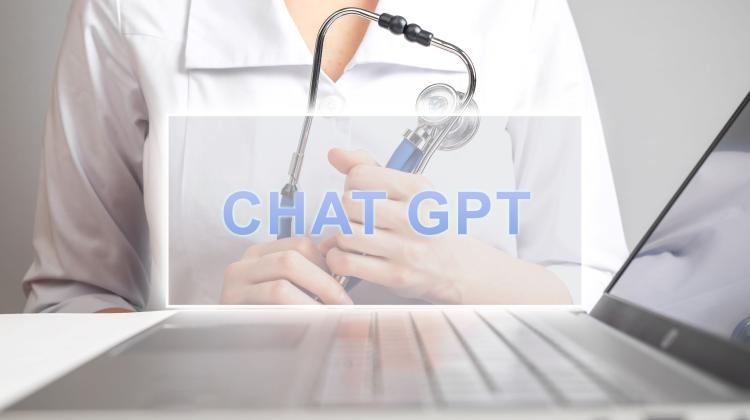Scientist from Wrocław on the way to more effective anti-cancer drugs
 PAP © 2012 /
PAP © 2012 /
How to keep the anti-cancer drug inside the diseased cells and how to reduce drug resistance of diseased cells? These are the subjects of investigation of Dr. Katarzyna Cieślik-Boczula from the University of Wrocław. Her research is the next step in the search for more effective anti-cancer drugs.
Dr. Katarzyna Cieślik-Boczula from the Faculty of Chemistry, University of Wrocław received the funds for her researchfrom the PARENT-BRIDGE Programme of the Foundation for Polish Science (FNP, Fundacja na rzecz Nauki Polskiej). In fifteen months she will use PLN 175 thousand for this purpose.
The researcher explained that one of the basic self-defence strategies of cancer cells against therapeutic compounds is transporting drugs out of the cell.
"Inhibition of tumour cell resistance to drugs and to maintaining an appropriate high level of intracellular concentration is necessary for an effective chemotherapy" - explained Dr Cieślik-Boczula.
She investigates the structure and physicochemical properties of liposomes. They are found in living organisms, for example in the blood, but they are also produced commercially. "Liposomes are very small bubbles with lipid bilayer walls" - said the scientist. This bilayer is a basic part of any biological membrane. Without it living cells would not function.
According to the University of Wrocław, as part of her project, Dr Cieślik-Boczula conducts research that allows you to determine the type of changes in lipid membranes in the presence of specific compounds. The compounds have a very strong "chemosensitizing" action which restores the sensitivity of bacteria and protozoa to medication. These compounds reduce drug resistance of tumour cells, which increases or even determines the effectiveness of chemotherapy.
"Explaining the membrane-dependent chemoprevention mechanism is one of the most important challenges for basic research in medicine and pharmacy of the twenty-first century. The resulting conclusions and observations will be a large and significant step in the search for new, better candidates for anti-cancer drugs" - according to the website of the University of Wroclaw.
The grant for the project "The impact of fluphenazine analogues - modulators of multidrug resistance with lipid membrane structures" will allow the researcher to employ two graduate students who will take over some of the research tasks of and receive scholarships in the amount of PLN one thousand per month.
"The project will also enable the implementation of the physical and chemical research in collaboration with scientists from Vienna, who have ten years of experience in the work with lipid membranes in both in vivo and in vitro systems" - reported the University of Wrocław.
Detailed information on Dr Cieślik-Boczula’s research and the PARENT-BRIDGE Programme is available at: http://www.uni.wroc.pl/wiadomości/pomost/pomost-czyli-jak-pogodzić-pracę-naukową-z-wychowaniem-dzieci
PAP - Science and Scholarship in Poland
ekr/ agt/ mrt/
tr. RL
Przed dodaniem komentarza prosimy o zapoznanie z Regulaminem forum serwisu Nauka w Polsce.















